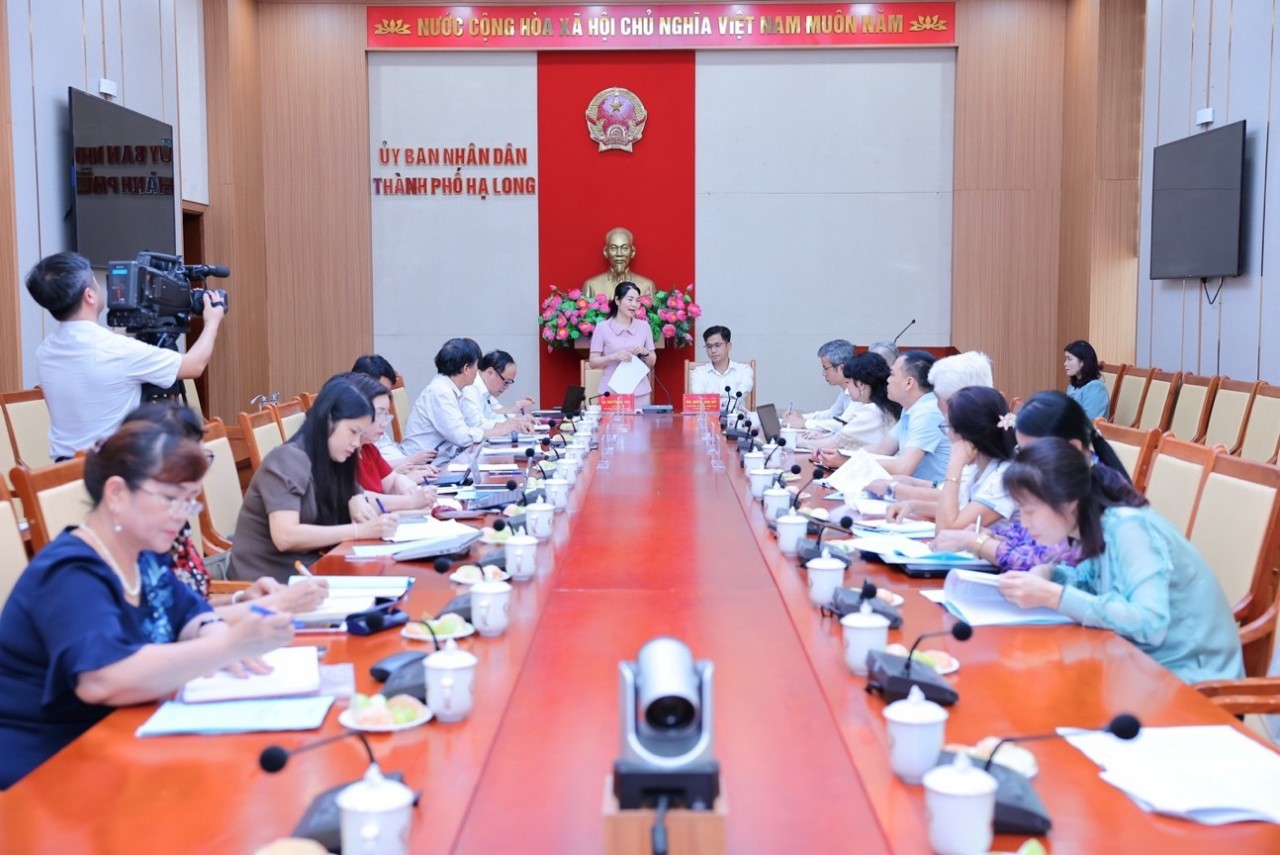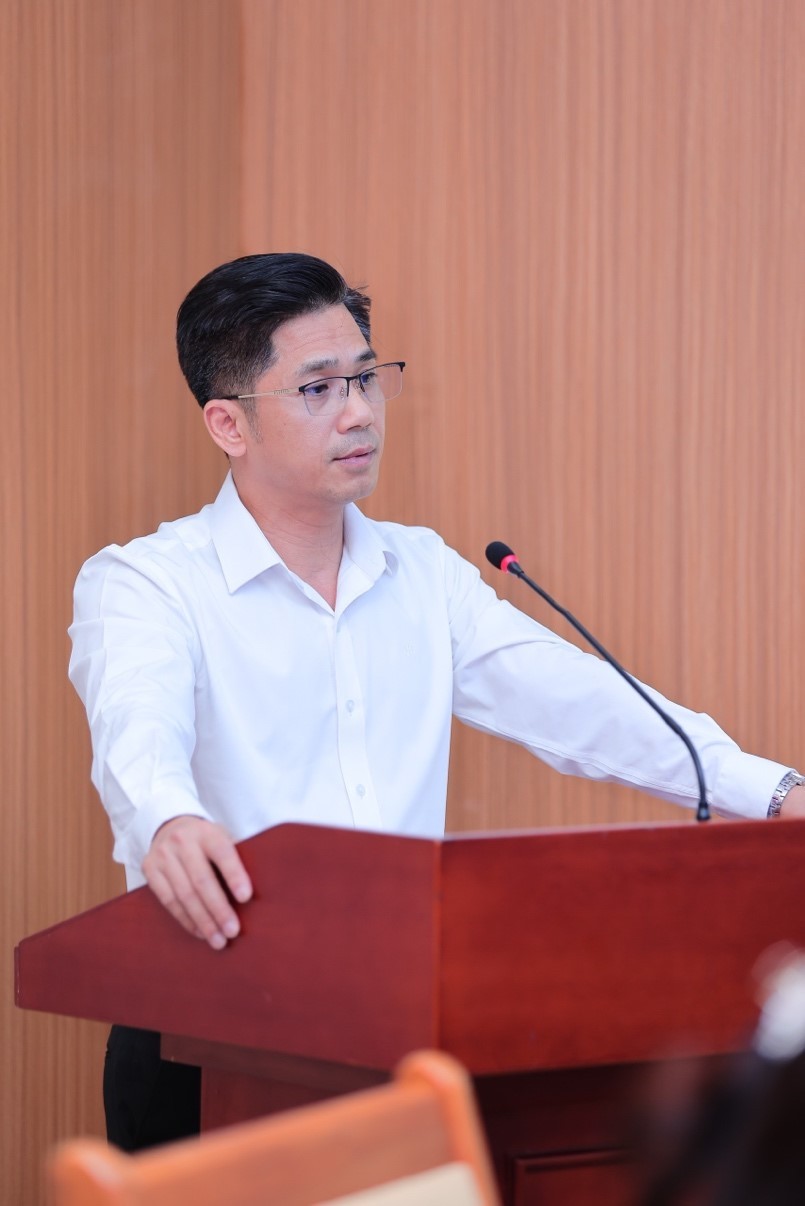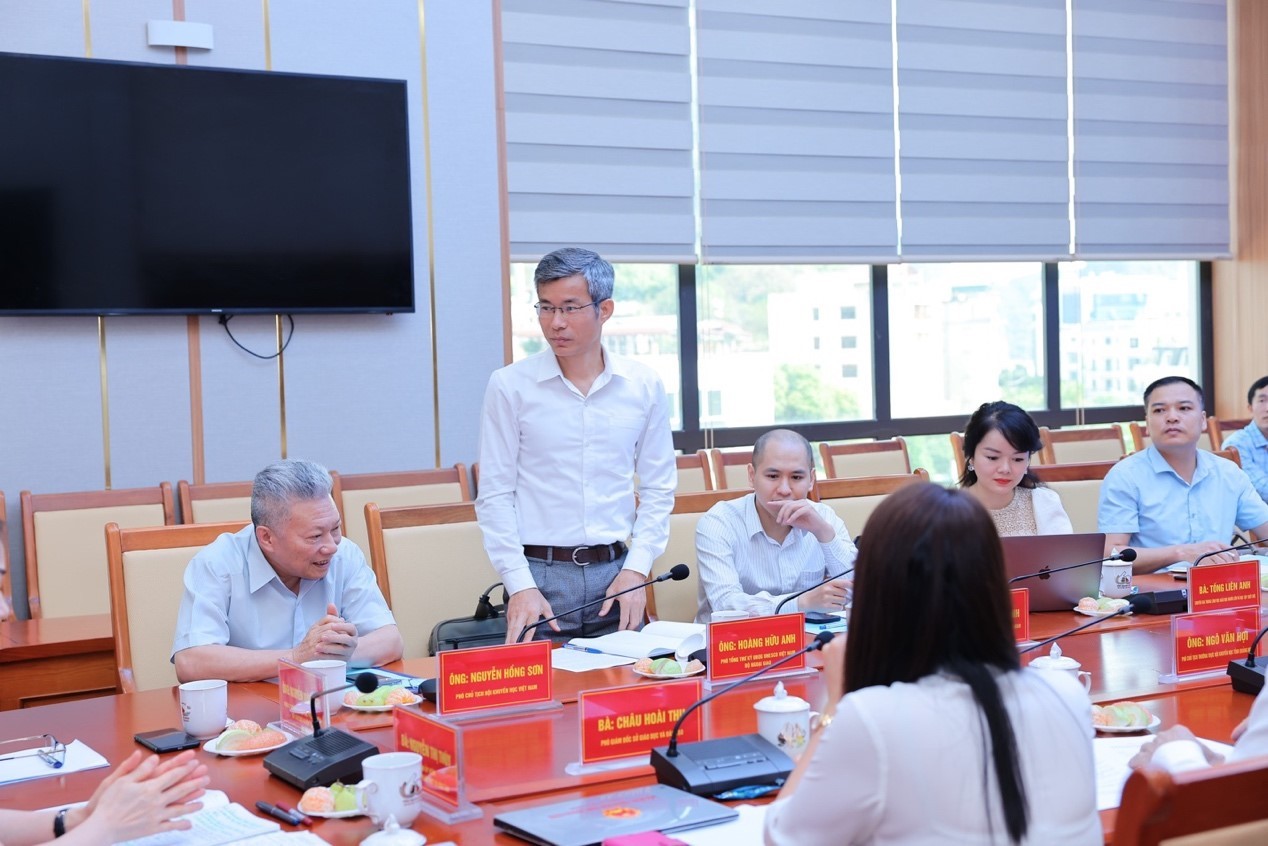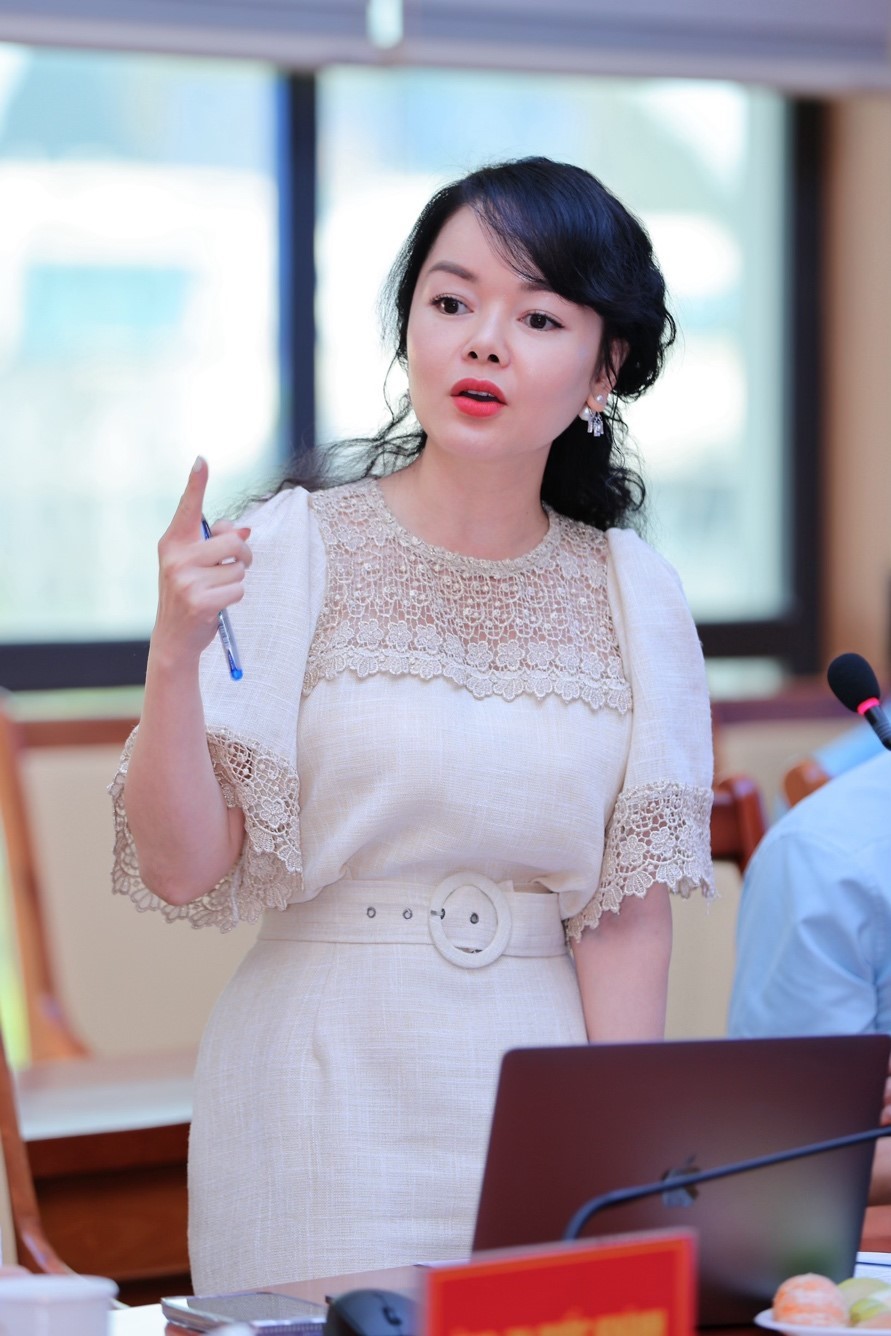
Quang Ninh province organized a consultation conference on Learning Cities
Latest
The conference was attended by leaders from the Continuing Education Department of the Ministry of Education and Training (MOET), representatives from the Viet Nam National Commission for UNESCO, key figures from the Vietnamese Association for Promoting Education, officials from the Department of Education and Training of Quang Ninh Province, leaders from four subordinate cities, and independent experts.
 |
| Ms. Nguyen Thi Thuy, Director of the Department of Education and Training of Quang Ninh Province, delivered the opening speech at the conference. (Photo: Tran Duc Quyet) |
In her inaugural address, Ms. Nguyen Thi Thuy, Director of the Department of Education and Training of Quang Ninh Province, highlighted that since 2019, the Provincial Party Committee and People's Committee of Quang Ninh Province have issued multiple directives to guide participation in the UNESCO Global Network Learning Cities. Notably, Directive No. 38-CT/TU dated September 5, 2023, underscored the importance of enhancing Party leadership and state management to elevate the quality of general education in Quang Ninh Province. The overarching aim by 2030 is for Quang Ninh to be among the top 15 provinces and cities nationwide in terms of educational quality and to actively engage in the UNESCO global network of learning cities.
To realize this goal, the Department of Education and Training has provided guidance to localities such as Uong Bi, Ha Long, Cam Pha, Mong Cai, and Dong Trieu, assisting them in conducting reviews, assessments, and registrations to participate in the UNESCO global network of learning cities. Additionally, working groups have been established to facilitate the exchange of experiences and the preparation of registration documents. Notably, Dong Thap Province, the first in Vietnam with two global learning cities, serves as a model for this initiative.
In 2023, Quang Ninh submitted applications for two cities, Uong Bi and Ha Long, to the UNESCO global network of learning cities. While Uong Bi city's application was selected by the Ministry of Education and Training, the National UNESCO Committee of Vietnam, it has yet to receive recognition as a member of the network.
 |
| Mr. Nguyen Xuan Thuy, Deputy General Director of Continuing Education Department at the MOET, delivered the speech at the conference. (Photo: Tran Duc Quyet) |
During the conference, experts and delegates collaboratively analyzed the current situation and proposed solutions to effectively implement the Global Learning City model in Quang Ninh Province. Mr. Nguyen Xuan Thuy, Deputy Director General of Continuing Education Department at the MOET, emphasized the crucial role of Party committees and government authorities at all levels in driving participation in the UNESCO Global Network of Learning Cities. He stressed the need for strong support from city governments and the mobilization of resources to ensure lifelong learning opportunities for all residents.
 |
| Mr. Hoang Huu Anh, Deputy Secretary-General of the Vietnam National Commission for UNESCO shared insights at the conference. (Photo: Tran Duc Quyet) |
Mr. Hoang Huu Anh, Mr. Hoang Huu Anh, Deputy Secretary-General of the Viet Nam National Commission for UNESCO pointed out that the UNESCO submission dossier must be meticulously prepared, ensuring both content and presentation form align with UNESCO's criteria. He also suggested highlighting certain strengths characteristic of cities to enhance the dossier.
 |
| Ms. Tong Lien Anh, Member of PIMA - A global network of adult and lifelong learning educators, activists and scholars, delivered remarks at the conference. (Photo: Tran Duc Quyet) |
Echoing this sentiment, education expert Tong Lien Anh emphasized adherence to UNESCO's criteria, leveraging challenges as strengths, adding distinct colors to the construction of a learning city. In addition, there should be specific measurable evidence, focusing on mechanisms, support policies, and investment in educational development at all levels, building a learning society; the implementation of learning programs must be diverse, suitable for all ages and learning needs of the people.
Participation in the UNESCO Global Network of Learning Cities will facilitate the exchange of ideas, knowledge, and experiences with member cities worldwide. It offers access to UNESCO's experts, researchers, and educators, along with opportunities to enhance practices through global learning conferences and workshops. Moreover, member cities have the chance to vie for the title of "UNESCO Global Learning City," boosting international credibility, attracting investment and human resources, and fostering sustainable prosperity and development.













